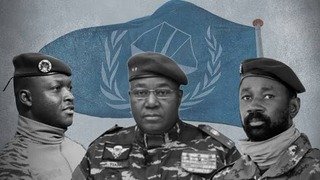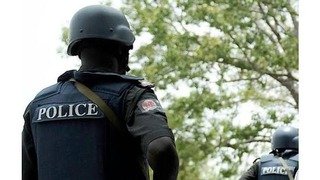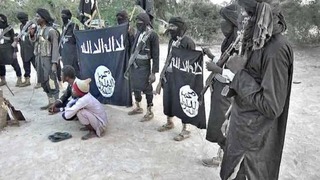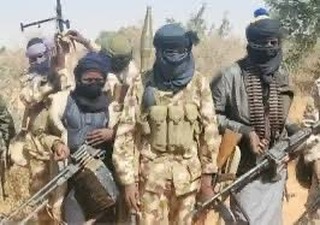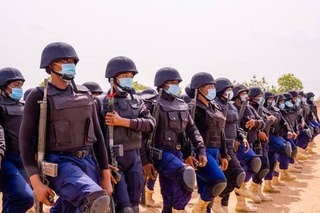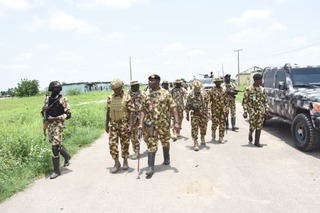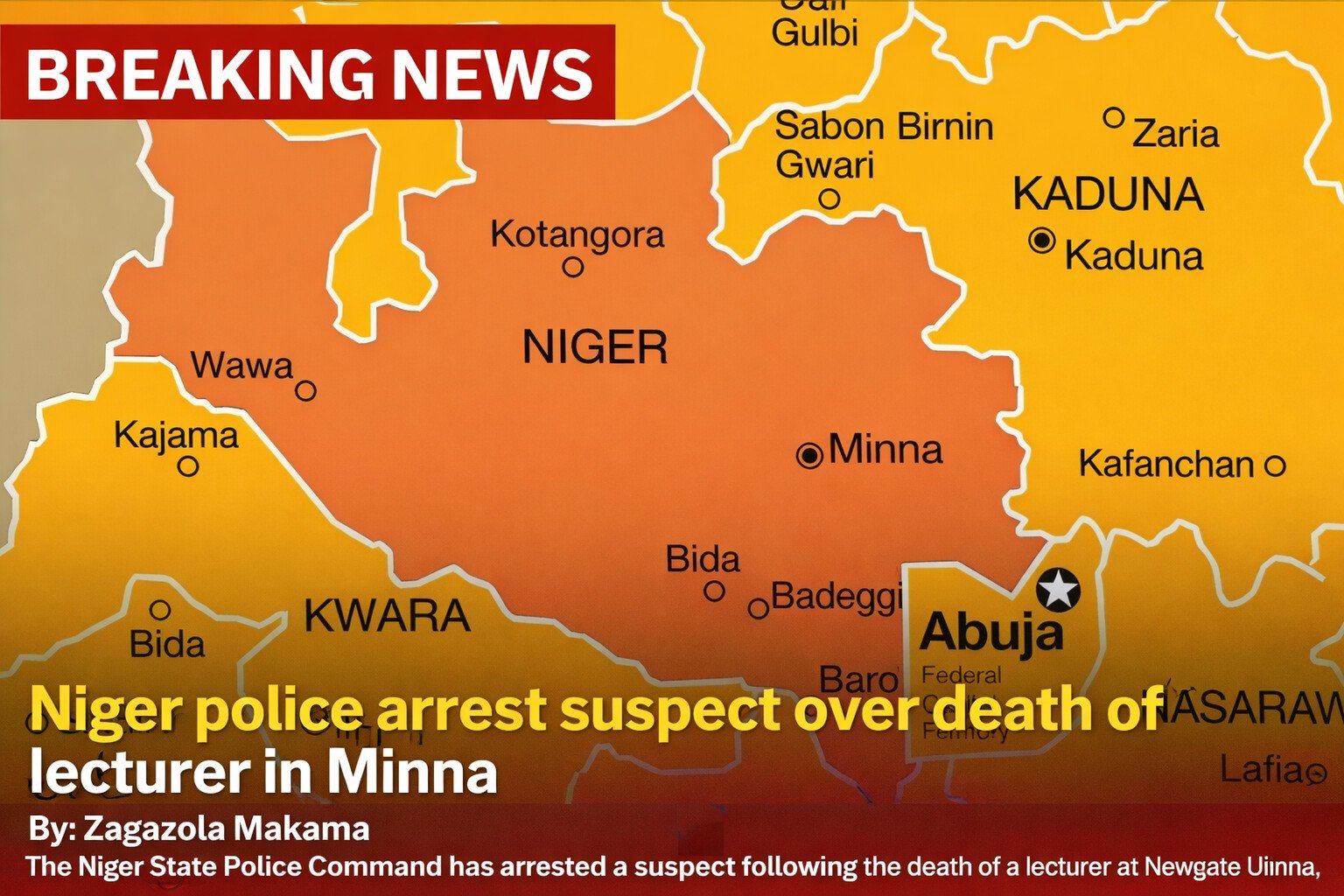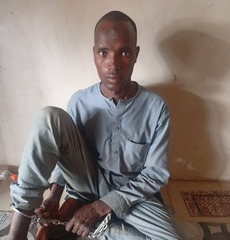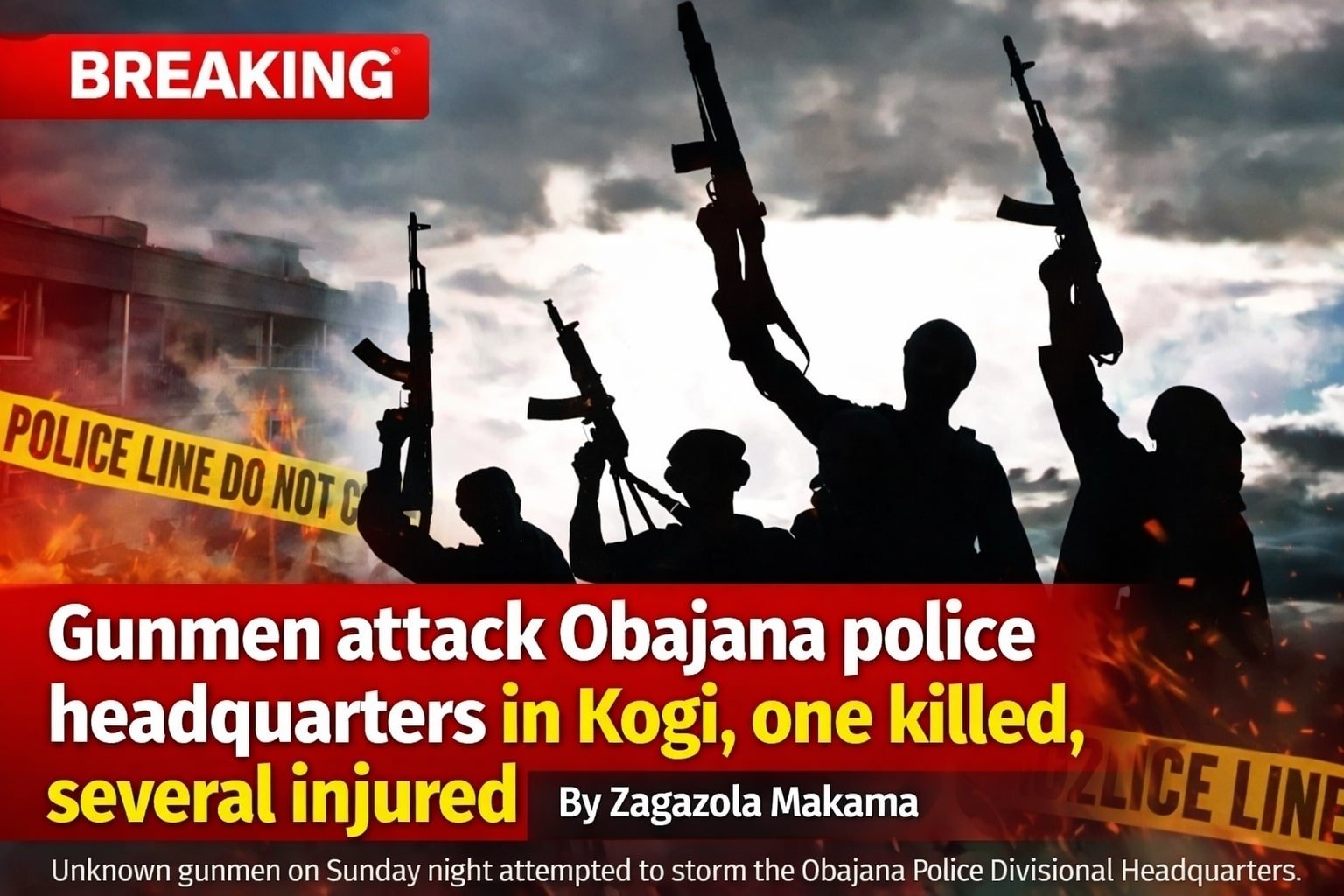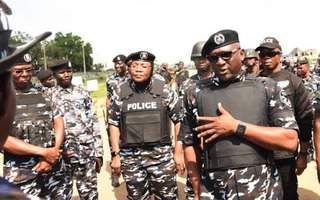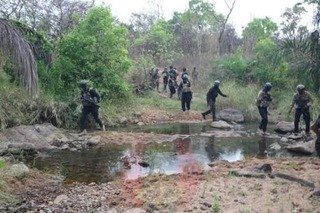Rising Tensions in Zamfara as war of supremacy is set to begin between Bandits and LAKURAWA militants
By: Zagazola Makama
The intricate dynamics of banditry in Northwest Nigeria have taken a significant turn, with prominent leaders Dogo Gide and Najaja navigating an evolving challenge posed by the presence of the Lakurawa faction. This faction, which has established a camp in Bagega, Zamfara State, has reportedly sought to recruit these bandit leaders into its plans of creating an “Islamic state.” However, their refusal has not only strained relations but also set the stage for a potential confrontation.
In the volatile landscape of the brewing conflict between the notorious bandit leaders and a formidable militant group threatens to plunge the region into further chaos. Dogo Gide and Najaja, two prominent bandit leaders, find themselves at a critical crossroads as they confront the encroaching presence of Lakurawa, a group.
The stakes are high for Gide and Najaja. The presence of Lakurawa not only challenges their authority but also invites an increased military presence in the region, a scenario that could disrupt their operations and lead to violent confrontations. Local communities, however, are caught in a complex web of conflicting desires; they pray for a resolution to the banditry that has plagued their lives, even as they yearn for more robust security measures to protect them from both bandit attacks and the looming threat of Lakurawa.
One other disturbing trend was the infiltration of a six-member Improvised Explosive Device (IED) making team from Nigeria's northeastern region into the northwest and north-central areas. Trained by NANAYE, a former Boko Haram IED expert who has since surrendered. These individuals have already made their way to the camps of the insurgents in Niger and Zamfara states.
The implications of their presence are dire. A series of recent Remote Controlled Suicide Bombing (RSBIED) incidents four recorded in Zamfara and two in Niger State have been linked to this IED group. The group's activities have raised alarms among security agencies and local populations alike, as the sophistication of these attacks indicates a significant escalation in the tactics employed by bandit factions.
The timeline of violence in the region has been alarming. On December 7, 2024, the first RSBIED incident occurred along the major supply route (MSR) connecting Angwan Usman and Bassa in Shiroro Local Government Area, resulting in the tragic death of a bicycle rider. Just days later, on December 19, another RSBIED attack took place in Bassa Village, claiming the lives of five individuals and injuring three others.
This incident was particularly chilling; the attackers employed a dual-layered strategy, with one explosive designed to detonate upon contact and a second set to trigger in response to rescue efforts. Victims of the December 19 incident were swiftly evacuated to IBB Specialist Hospital in Minna, Niger State, but the scars of violence run deep. Families mourn their losses, and the fear of further attacks looms large over the region.
The IED group is believed to operate within camps led by: Sadikku’s JAS faction in Allawa-Madawaki, Niger State. Turji and Dogo Auta’s factions in Barikin Daji and Dan Bagudu Hills, Talata Mafara LGA, Zamfara State.
These groups, leveraging their deep entrenchment in the region, appear to be integrating IED strategies into their operational arsenal, intensifying the threat to civilians and security forces alike.
Regional Implications
The presence of Lakurawa and the integration of IED tactics signal a troubling shift in the conflict landscape. For communities in Zamfara and Niger states, the stakes are high. Many are calling for sustained military intervention and strategies that address both the immediate threats and the underlying drivers of insecurity.
As tensions simmer among bandit factions and the use of IEDs becomes more frequent, the need for a coordinated and robust security response has never been more urgent. Local leaders and security experts are urging a mix of kinetic and non-kinetic approaches to stabilize the region and restore normalcy.
In this climate of uncertainty, the Nigerian government and security forces must act decisively to address the threats posed by both bandits and militant groups. Failure to do so could result in a humanitarian crisis, further destabilizing an already fragile region and leaving its inhabitants vulnerable to the ravages of violence and insecurity. The time for action is now, before the situation spirals beyond control.
Zagazola Makama is a Counter Insurgency Expert and Security Analyst in the Lake Chad Region



